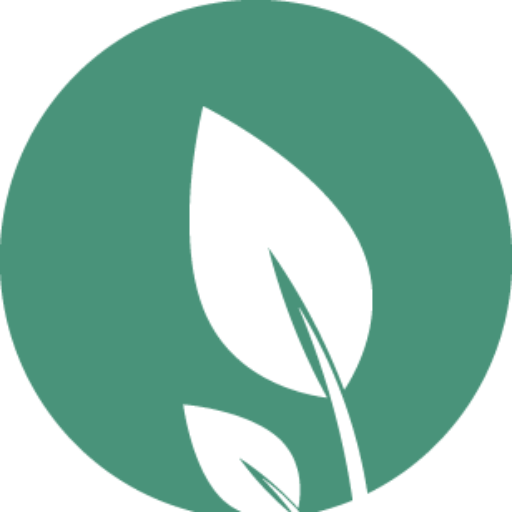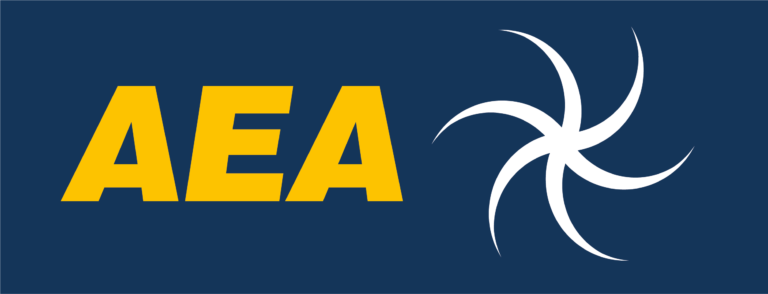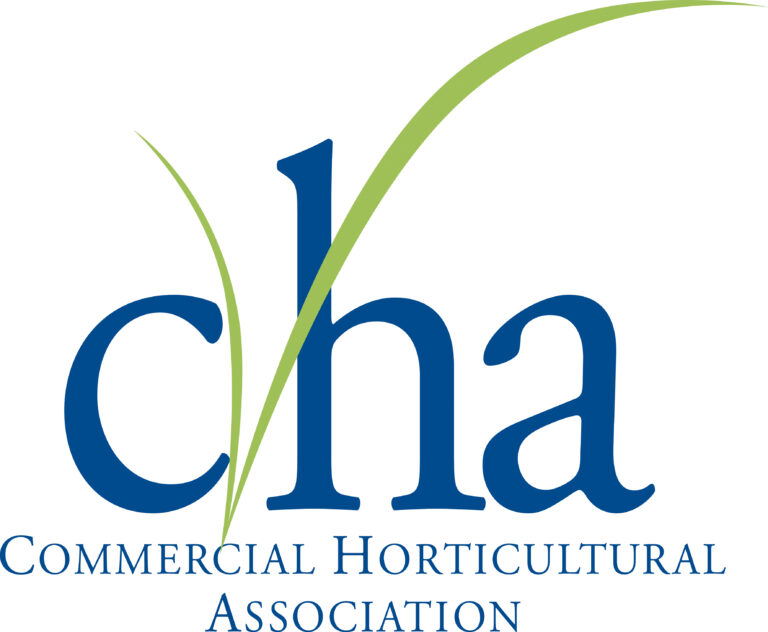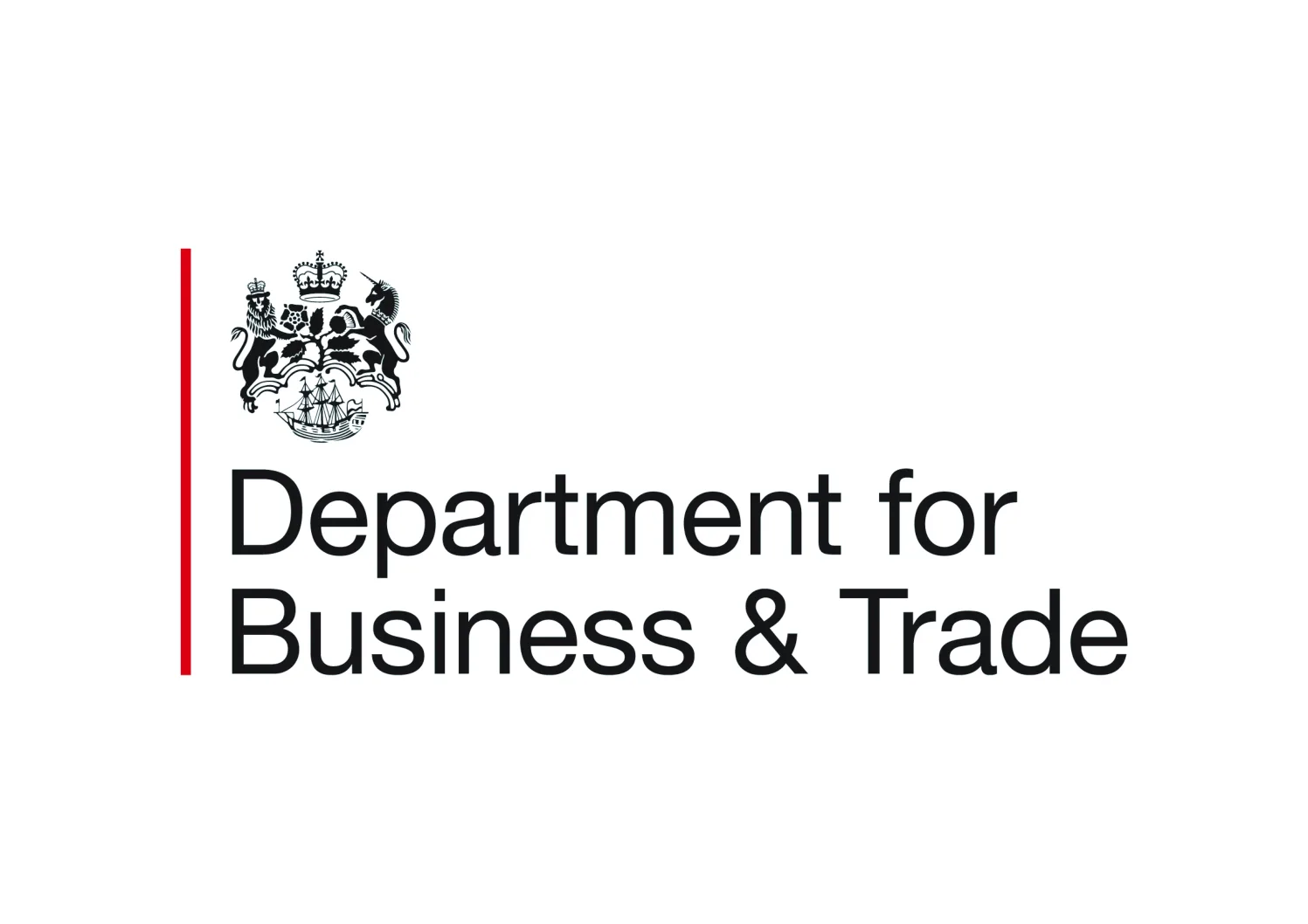On the 5th of October Chris Jackson UKTAG and Rob Grinnall UKECP attended the meeting the Brussels where the topic of discussion was Charting the Path for Ukrainian Agriculture.
Participants came from across the EU as well as outside to listen to the financial sector, political figures and agricultural industry who all had interest in the future of rebuilding Ukrainian agriculture.
The morning sessions were dominated by banking sector all of whom touched upon the huge need for private and banking investment. Some 60 – 90 billion dollars is needed in the short term to support and begin the rebuild of the industry.
Currently the sector is broken down into two parts, small farming properties and vast agricultural holdings. The latter are better placed to find and apply for funding which is complex and difficult to reach. Some $30 billion is needed from private investors alone and this is not without risk and the risk-insurance is proving costly.
Danish financiers are putting large amounts into businesses within Ukraine with 30% being invested by Danish companies.
Bigger players are Ukrainian owned and supported by world banks all of whom drew attention to the fact that they were still in Ukraine even during the war.
Of course, wheat/grain exports are the major commodity and whilst Ukraine has been a huge world producer, the amounts of grain produced, and the price paid is extremely volatile. Without the ability to sell forward, the price achieved can be $100 per tonne less than that on the world market. Farms have gone from making a profit to loss due to this huge price differential.
With the Black Sea ports being almost closed, grain is being sent overland to eastern EU, but getting across the borders is time consuming and bureaucratic, with queues of 12 days not unusual.
The afternoon was given over to farming companies, who spoke of the promise of grants from the EU, with large sums available at least in theory, but those present did not know of any funding that had actually been reached. The Ukrainian representative to the EU, spoke of how even with her place of knowledge and contact she could not navigate her applicants through the bureaucracy to the relevant people with whom this needed to be discussed.
With the farmers and workers having left the east of Ukraine, it was difficult to achieve any real industry in that region at this moment, but they were hopeful that the push back would bring more land back into the sector.
However, on a positive note a tomato paste producer (Ukraine is a major producer of the product) showed his bombed/flattened factory, that 12 months later had been rebuilt and was back in business.
Another spoke of how they had bought silos for grain in the EU, purchased within 4 days, rebuilt within 8 weeks, but 8 months later still awaiting permission from the authorities for permissions to work.
Speakers were extremely friendly towards UK involvement and grateful for the UK support so far, but more is needed.
Only small mention was made on the loss of livestock due to the invasion, but repopulation will be required.
According to the Ukraine’s Ministry of Agrarian Policy & Food, as of 22nd June 2022 the official estimated number of animals killed is 42,000 sheep, 92,000 cattle and 258,000 pigs. More than 5.7 million poultry have been lost. These figures are bound to be conservative as access to regions is limited if not impossible.
Losses are attributed to active killing, loss of feed and no access to veterinary care. Thousands of animals have experienced pain, fear and starvation. Charities are present within the country to attempt to alleviate the suffering of domestic and farmed animals.
In summary, some $60 – 90 billion in investment is needed.
EU red tape needs simplifying to allow trade in both directions and access to grants.
Investment in agriculture is needed for the rebuild of the industry.
Whilst at this conference there was no time to discuss the livestock sector, it would seem pertinent and sensible to prepare for the restocking that will be required.
There is to be a UCAB meeting in Kiev in December where they hope to draw further attention to the issues.
Need for UK business to be seen in Ukraine, other countries are represented but FCDO advice means that if we travel we are not insured
We are looking in to ways of engaging local representatives to help us identify immediate market requirments
I hope shortley to have more information for you but in the meantime please contact me if you have any specific questions
Chris
exports@uktag.co.uk










